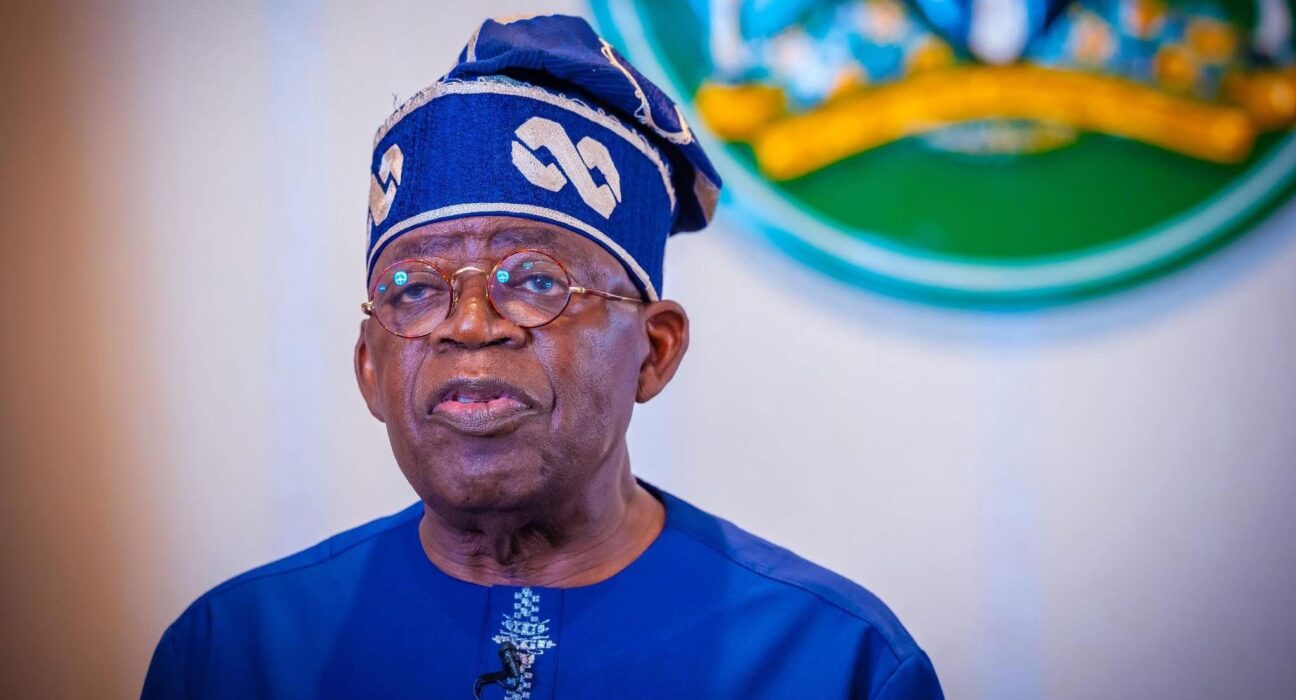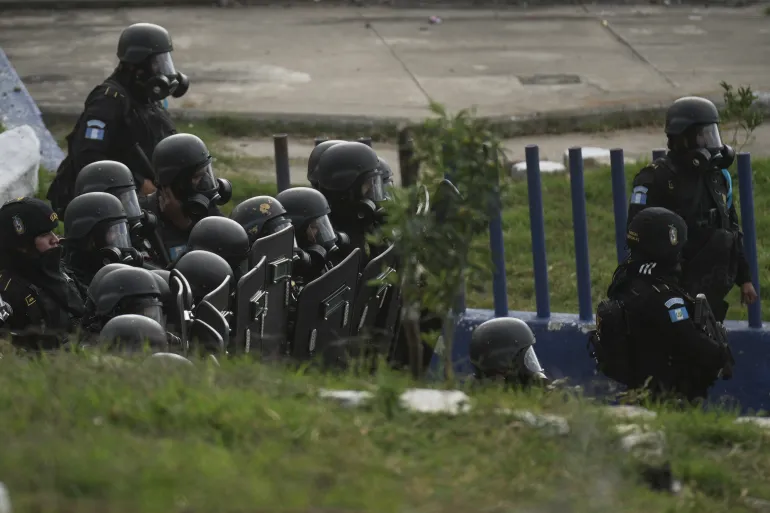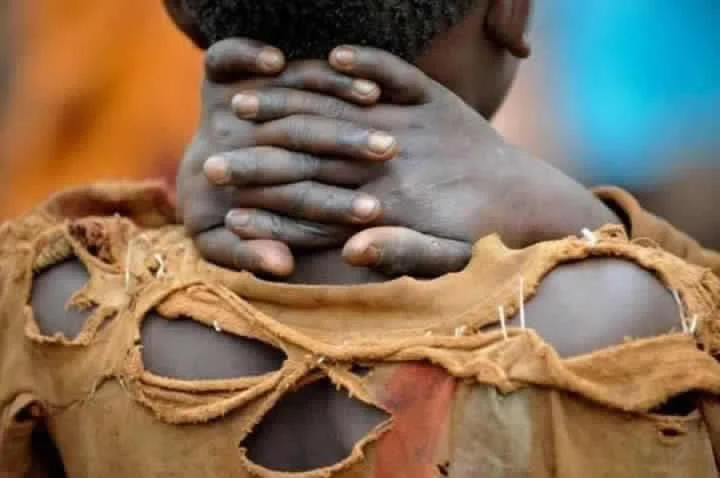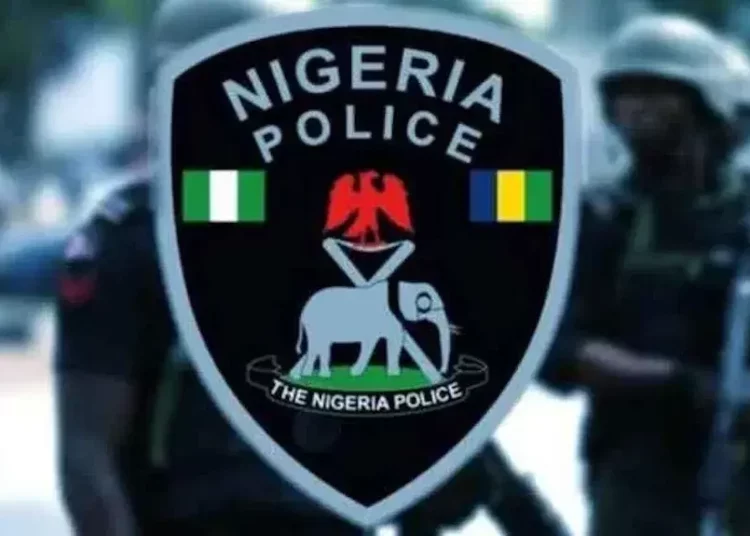Presidency Concerned over Chaotic, Toxic Nigeria’s Social Media Landscape

The Nigerian Presidency has raised concerns over what it describes as the increasingly chaotic and toxic state of the country’s social media environment.
According to Bayo Onanuga, Special Adviser to President Bola Tinubu on Information and Strategy, digital platforms in Nigeria have become breeding grounds for misinformation, manipulation, and rule-breaking, especially as the country approaches another election cycle.
Speaking at a new media conference in Abuja, Onanuga painted a grim picture of Nigeria’s online space, accusing users of weaponising social media for political propaganda and incitement. He singled out platforms like WhatsApp, Facebook, Instagram, TikTok, and particularly X (formerly Twitter), which he described as the most toxic, for fostering a culture where content is shared without regard for truth, ethics, or national unity.
He noted that social media in Nigeria has largely become unregulated and dangerously influential, with little regard for accountability or the social consequences of digital misinformation.
“We must acknowledge that the social media space in Nigeria today is chaotic and toxic,” Onanuga said. “Many users violate the rules and indulge in activities that undermine democracy, spread falsehoods, and erode social trust.”
He also warned about the growing use of deepfakes and AI-generated misinformation, adding that the political class is increasingly exploiting social media tools to mislead citizens.
Onanuga called for better digital literacy, stronger content monitoring, and the promotion of fact-checking tools to counter harmful narratives online.
However, the Presidency’s stance has drawn criticism from media watchdogs and digital rights advocates. They argue that the government itself has occasionally contributed to the toxicity it condemns.
Reports have highlighted how official presidential social media handles have sometimes shared unverified content or opinion pieces from presidential aides, in violation of Nigeria’s own National Social Media Code.
Critics also caution that while there is a clear need for accountability and ethical conduct online, the government’s rhetoric must not be used as a pretext to silence dissent or limit free speech. Concerns persist over past attempts by authorities to clamp down on digital expression through the use of vague or restrictive laws, particularly Section 24 of the Cybercrime Act.
As the 2027 general elections draw nearer, the tension between regulating online discourse and protecting democratic freedoms is expected to intensify.
While the Presidency urges responsible digital citizenship, many Nigerians are calling on the government to lead by example and uphold transparency in its own use of social media platforms.
Observers say the debate over the future of Nigeria’s digital space must balance the need to curb disinformation with the imperative to safeguard citizens’ rights to speak, criticise, and participate in public debate.








